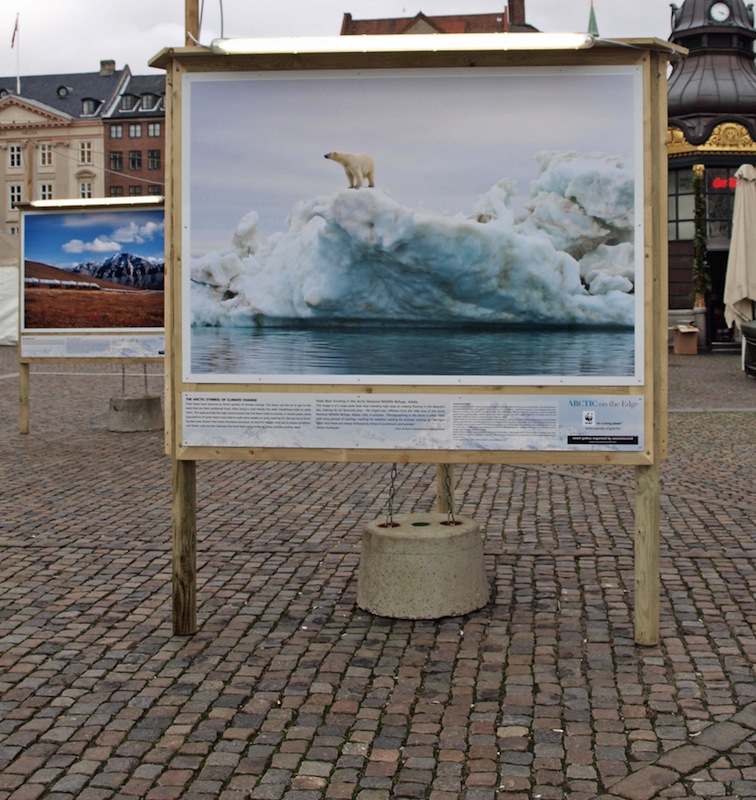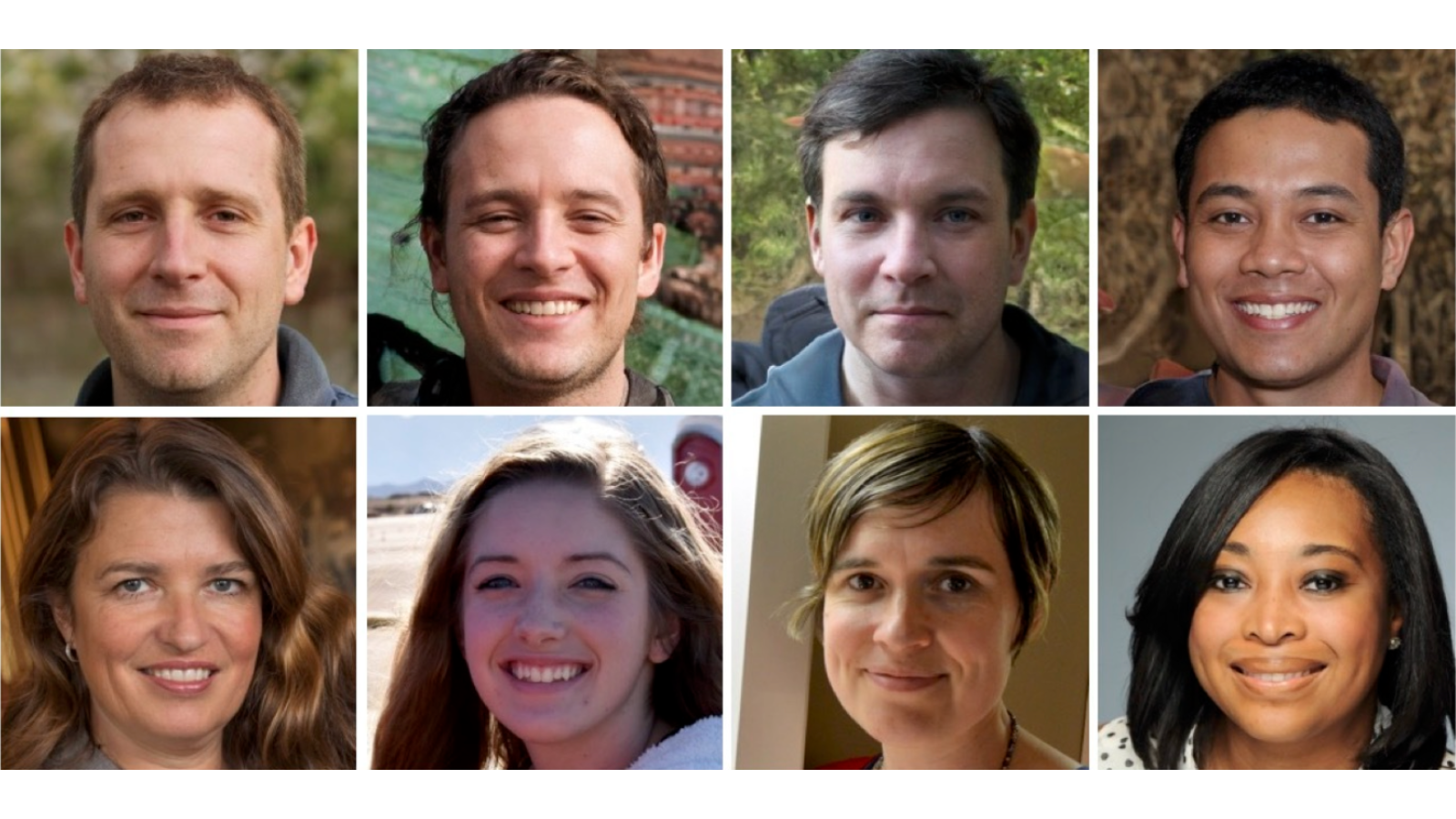Climate Scientist Calls Hacked 'Climategate' Emails 'Truly Pathetic'

Climate scientist Michael Mann blasted the release of new leaked emails and documents taken from the University of East Anglia's Climatic Research Unit as "truly pathetic" and a "shameless effort to manufacture a false controversy" on Tuesday (Nov. 22)
Mann, along with other prominent climate scientists, features in the emails, which consists of conversations among researchers about data and public relations. A previous leak in 2009 released more than 1,000 emails in an episode dubbed "Climategate." According to the University of East Anglia (UEA), the current data dump, if genuine, appears to be culled from emails taken at the same time as the original Climategate documents.
Climate-change skeptics have pointed to the emails as evidence that researchers were manipulating data to make global warming look more serious than it is. Multiple investigations by UEA, the U.S. Environmental Protection Agency, the National Science Foundation, the British House of Commons Science and Technology Committee, several independent panels and Mann's home institution, Pennsylvania State University, found no evidence that these claims were true. The House of Commons did criticize the scientists and UEA for not releasing raw data and for handling freedom-of-information requests poorly. A 2011 parliamentary report concluded that it was time to "move on" from Climategate.
New release
That seems unlikely, given the release of the new emails just days before an annual United Nations climate summit set to begin Nov. 28. The files are spreading quickly online, including an accompanying text file, which pulls out quotes allegedly from emails between researchers working on Intergovernmental Panel on Climate Change (IPCC) reports.
"Observations do not show rising temperatures throughout the tropical troposphere unless you accept one single study and approach and discount a wealth of others," reads one quote, supposedly from a climate scientist. "This is just downright dangerous. We need to communicate the uncertainty and be honest."
In other quotes, researchers allegedly discuss the challenges of communicating with the public.
Get the world’s most fascinating discoveries delivered straight to your inbox.
"Somehow we have to leave the[m] thinking OK, climate change is extremely complicated, BUT I accept the dominant view that people are affecting it, and that impacts produces risk that needs careful and urgent attention," one researcher is quoted as having written.
"What if climate change appears to be just mainly a multidecadal natural fluctuation?" another quote reads. "They'll kill us probably."
Fighting back
Mann criticized the emails as being taken out of context and said that those leaking the documents appeared to have little to go on — though he expressed hope that the new leaks would give police more to go on in catching the culprit who originally hacked into the University files.
"As for emails that in some way involve me, I hardly see anything damning at all, despite these snippets all being taken out of context," Mann wrote in an email to LiveScience. "I guess they had very little left to work with, having culled in the first round the emails that could most easily be taken out of context to try to make me look bad."
"A truly pathetic episode," Mann added. "Agents doing the dirty bidding of the fossil fuel industry know they can't contest the fundamental science of human-caused climate change. So they have instead turned to smear, innuendo, criminal hacking of websites, and leaking out-of-context snippets of personal emails in their effort to try to confuse the public about the science and thereby forestall any action to combat this critical threat."
You can follow LiveScience senior writer Stephanie Pappas on Twitter @sipappas. Follow LiveScience for the latest in science news and discoveries on Twitter @livescience and on Facebook.

Stephanie Pappas is a contributing writer for Live Science, covering topics ranging from geoscience to archaeology to the human brain and behavior. She was previously a senior writer for Live Science but is now a freelancer based in Denver, Colorado, and regularly contributes to Scientific American and The Monitor, the monthly magazine of the American Psychological Association. Stephanie received a bachelor's degree in psychology from the University of South Carolina and a graduate certificate in science communication from the University of California, Santa Cruz.


